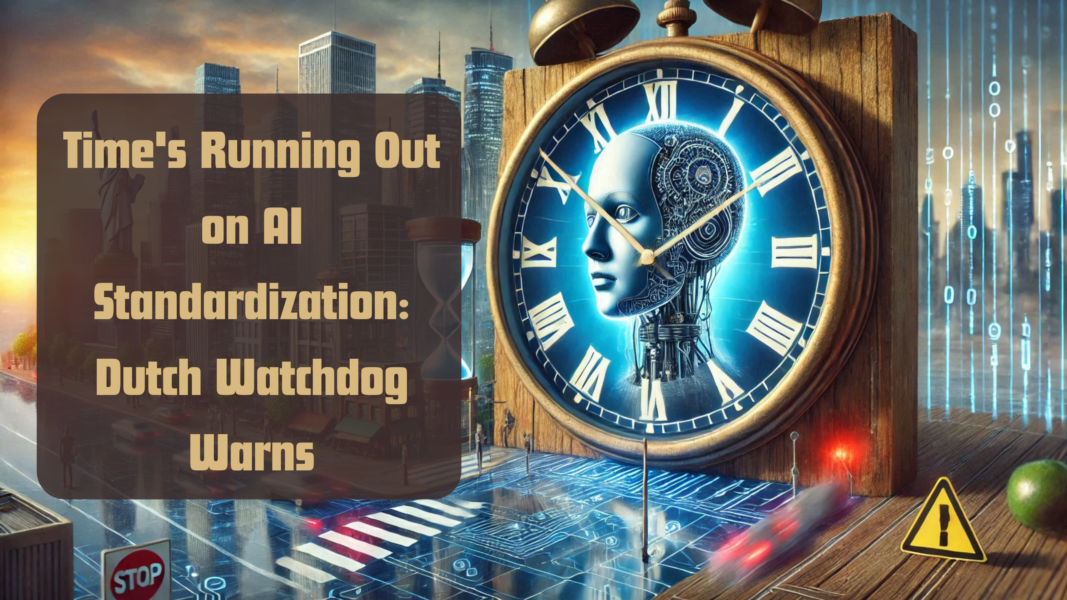EU’s AI Act Loopholes Raise Concerns Over Police and Security Powers
The European Union’s AI Act, hailed as the world’s first comprehensive legal framework to regulate artificial intelligence, officially came into force on February 2, 2025. Designed to establish ethical boundaries for AI applications, the legislation bans certain “unacceptable” uses of AI, including predictive policing, biometric emotion detection, and untargeted facial recognition. However, despite its groundbreaking nature, critics argue that the law is riddled with loopholes—particularly for law enforcement and migration authorities. These exceptions, they claim, significantly weaken the Act’s ability to protect citizens’ rights and democratic freedoms. A World-First: What the EU’s AI Act Bans The AI Act marks the … Read more


